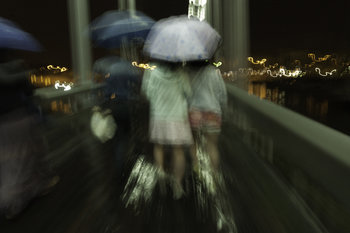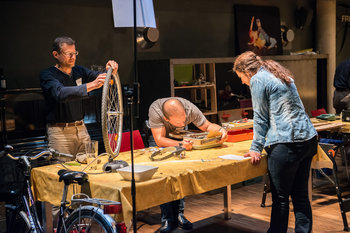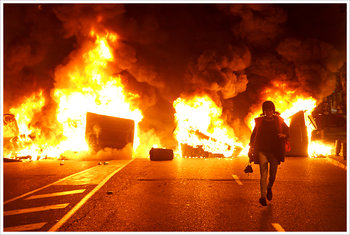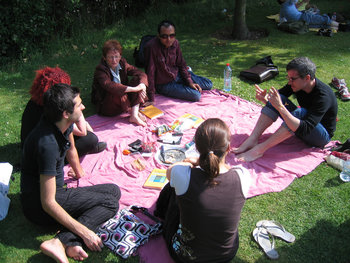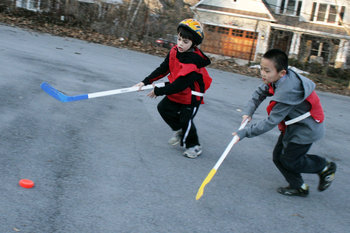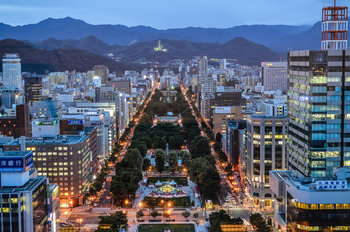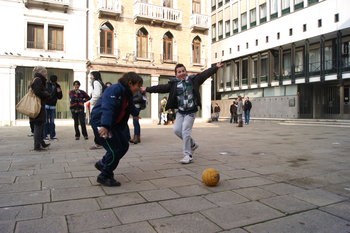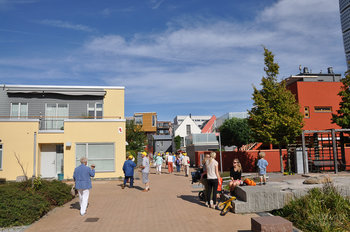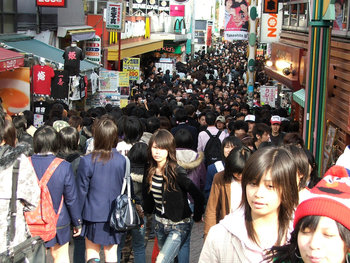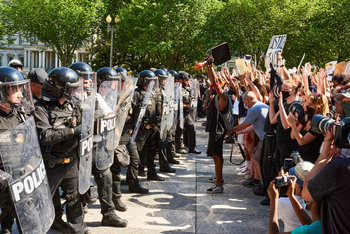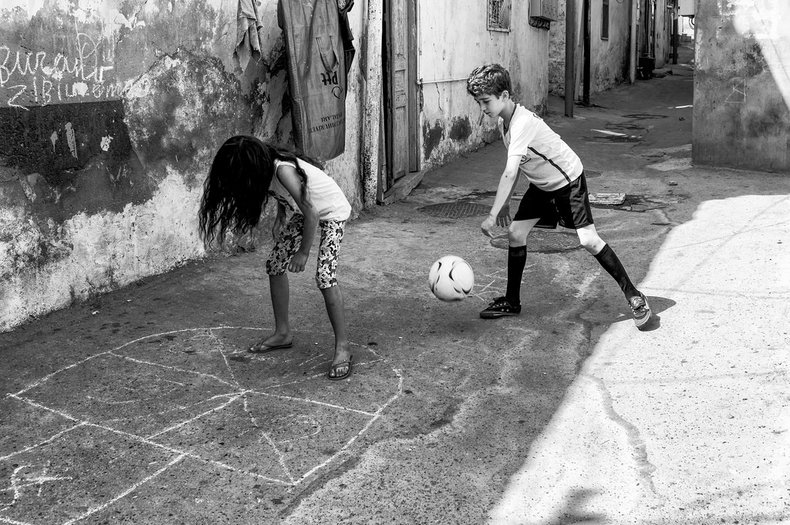
Free Play
Play is the work of children as it is essential to their development. This generally comes naturally to children and requires no direction and control from adults beyond ensuring basic health and safety needs are met.Time
Play requires time. This can include recess and lunch breaks in a formal setting such as school as well as school trips and afterschool clubs. Likewise, time for play may be set aside each day by parents and guardians. Excessive homework and chores that unduly restrict the time available for play may violate a child's basic rights and interfere with their development.Space
Play requires ample space. Ideally, children have space to play both indoors and outdoors. As such, public space is important to providing equal opportunity for play. Play may also be prioritized in existing public spaces as opposed to being banned as is a common practice. For example, play streets prioritize play above other uses of a street.Noise
Play is noisy. Parents, teachers and children may make reasonable efforts to keep noise down. However, play is inherently noisy and the right to play is also a right to make noise.Equipment
Every child has a right to own some toys. Children need not have large numbers of toys to play but some toys and sporting equipment are certainly necessary.Socialization
Play is essential to socialization whereby children learn how to get along with others in a society. As such, children need to play with other children. For this reason, time for play at school is important.Physical Activity
Physical activity such as running, jumping and playing sports is important to the health of children.Culture
A rich cultural life can be viewed as a form of play including art, crafts, music, dance and participation in traditional activities.Nature
Access to nature is an important element of play. For example, climbing a tree or exploring a small forest as a group.Games
Learning and playing physical games such as soccer and non-physical games such as a card game. Games simulate competition and often call for cooperation and strategy.Digital Play
Children quickly learn to use technology and digital user interfaces when it is fun. A reasonable amount of time playing in digital environments may be stimulating and beneficial to childhood development. However, it is often the case that children spend too much of their time with digital tools to the detriment of other types of play.Notes
This article is about the philosophical and legal concept right to play as found in the Convention on the Rights of the Child and related interpretations. As such, it doesn't have anything to do with the organization named Right to Play of which we have no information or opinion.Article 31 of the Convention on the Rights of the Child states:- Parties recognize the right of the child to rest and leisure, to engage in play and recreational activities appropriate to the age of the child and to participate freely in cultural life and the arts.
- Parties shall respect and promote the right of the child to participate fully in cultural and artistic life and shall encourage the provision of appropriate and equal opportunities for cultural, artistic, recreational and leisure activities.
| Overview: Right To Play | ||
Type | ||
Definition (1) | The right of children to have ample leisure, rest and recreation. | |
Definition (2) | The right of children to have ample time to experience diverse types of play including free play and access to nature, social environments, games, digital tools, arts & crafts supplies and toys. | |
Related Concepts | ||






